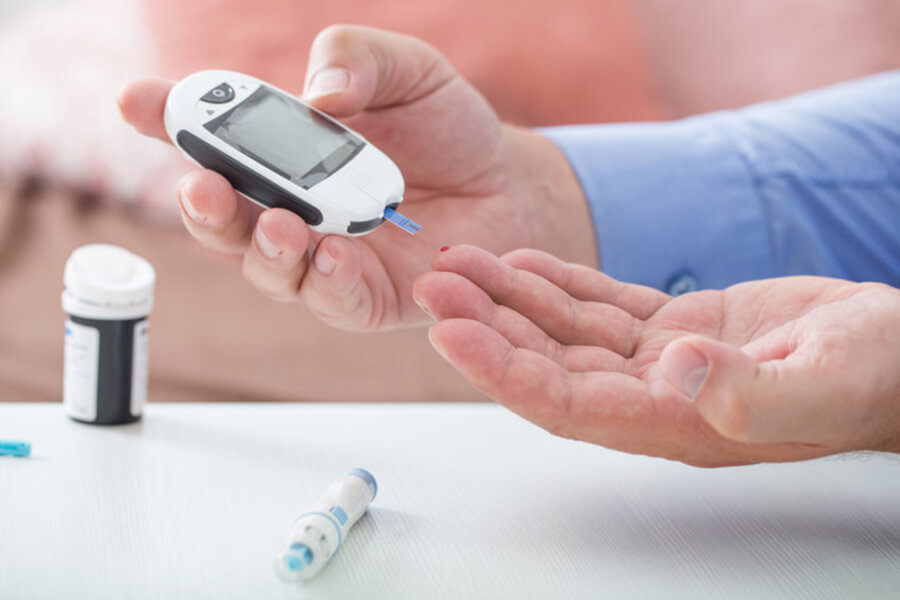Putting diabetes into remission could be as simple as stopping or slowing the production of another hormone.
Research came out in March that suggests blocking receptors for a hormone called glucagon can put diabetes in remission. Glucagon is an opposing hormone to insulin. The models done in mice with diabetes seem to work as the team from UT Southwestern turned cells that produce glucagon into those that produce insulin.
How This Could Change Everything
This discovery could change lives for 34 million Americans diagnosed with diabetes. Diabetes can be summarized as an insufficient number of beta cells in the pancreas that produce insulin.
An autoimmune issue causes beta cells that produce insulin in the pancreas to die, causing Type 1 diabetes. Those with Type 2 diabetes have something called insulin resistance. This means beta cells work so hard to produce insulin to deal with the glucose that they eventually die.
Comparing It to Past Treatments
Past treatments focus on insulin, either taking it or taking medication to reduce sugar to balance out with insulin. This treatment focuses on glucagon production and converting it to produce insulin.
The new research shows that beta cells increased in number in the pancreas in test animals. This can help put diabetes in remission if there are enough active beta cells. They are continuing to test to see if it works with autoimmune disorders that are the root cause for those with Type 1 diabetes.
What You Can Do
It will take a while for this research to filter down to patients. Still, it doesn’t hurt to ask your doctor about it and see if there are any clinical trials available to you. Some studies come up that could be of benefit.
In the meantime, work to control your diet, exercise, and take the medication your doctor prescribes. All of that will help control your diabetes until research puts something more effective on the market.


